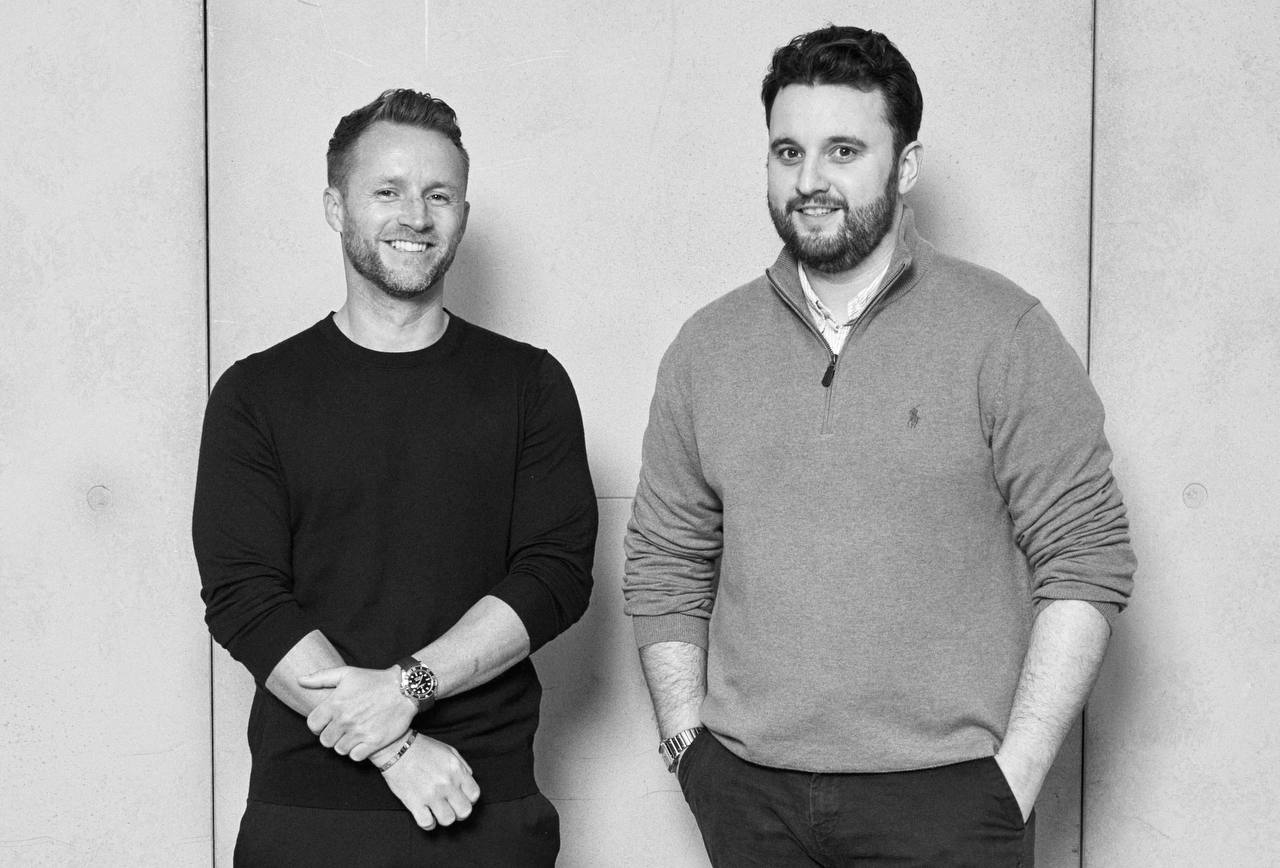This time last year, Bitcoin reached its all time high, closely correlated with tech stocks that hit a significant peak, and NFTs were out in full force—Remember influencer Logan Paul buying an NFT for $600k? It’s now worth $10.
And It’s been almost a whole year since Facebook announced their plans to rebrand as Meta, laying their claim to a sizable stake of the rapidly-growing metaverse market. Meta’s virtual platform Horizon Worlds had only 300,000 users—as of February this year. The same month, Meta reported a loss of $232 billion dollars, the largest single-day drop in stock market history. But still, Meta might be driving the way forwards in terms of Metaverse technology, and they seem optimistic about the future.
Meta’s VR Plans
While Meta might have had substantial losses after its rebrand, they recently revealed some more positive news at their annual conference called Connect through an updated status report: The success of its latest VR project: the Meta Quest 2 has also sold over 15 million units.
This is a significant milestone, but Zuckerberg previously said that Meta uses metrics like return rates and usage times to gauge success, rather than hardware sales figures. Specifically, their goal is to have 10 million active VR users to consider it a success—even with 15 million units, 10 million active units seems like a long way away.
The company is still optimistic about reaching this goal, but retention still seems to be a considerable challenge for virtual reality. for this is that VR is demanding and players have to set up their play area and be physically active in order to use it.
Meta also announced a new, high-end VR and MR headset, the Meta Quest Pro, priced at $1500 and featuring newly improved touch controllers with embedded sensors. It’s a significantly smaller and sleeker model, with flat lenses and an optimized design with the battery now resting along the back of the head instead of closer to the lenses. The hope is that the new lightweight design could improve user retention.
Partnerships for the Metaverse
Beyond these, Meta also announced some exciting partnerships, including with NBCUniversal to bring the Peacock app to the metaverse—a streaming service—but this will also include integrating virtual spaces from shows like the Office, Universal Studios’ Halloween Horror Nights, add Dreamworks content, and more.
Otherwise, most of Zuckerberg's talk focused on the potential for VR devices to transform workplaces. He discussed collaborations with Autodesk, Adobe, and Accenture, companies that brought the metaverse to their remote workers.
Zuckerberg was also joined by Microsoft Chairman and CEO Satya Nadella as they announced a collaboration to ensure that VR is the future of work. Microsoft Teams, Windows 365, Intune, and Azure Active Directory will be available in Quest 2 and Pro. Meta’s legless avatars will soon be usable in Teams, and their existing Workroom product will add a breakout group feature, sticky notes for virtual whiteboards plus Zoom integration. The Meta and Microsoft partnership will even make Xbox Cloud Gaming available on the Meta Quest Store.
Verdict
There’s still more to come from Meta, even in the face of their operating loss up 50% from $2.1 billion in 2021. While they might have been the ones to put the spotlight on the metaverse, their rebranding so far has left much to be desired for shareholders of the company—and the public eye.









